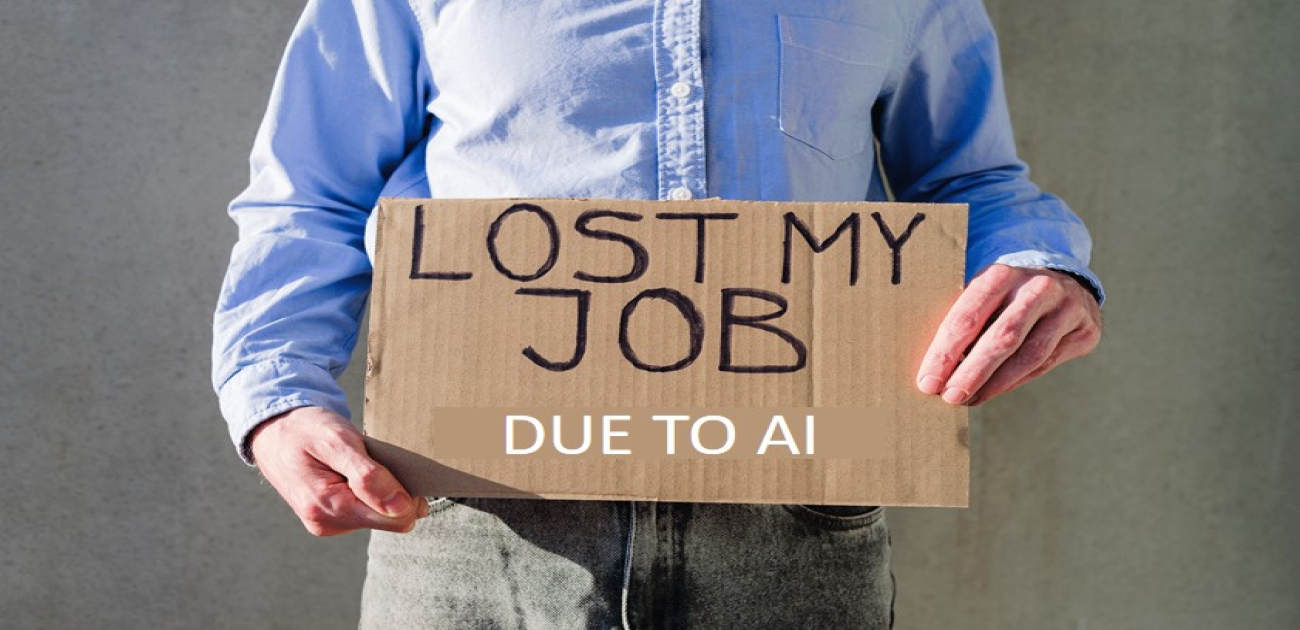AI - Implications for Employment and the Future of Work
The rapid advancement of robotics and AI technologies has sparked discussions about the future of work. As robots with artificial intelligence become more capable of performing complex tasks, there is a growing concern that human workers may face job displacement.
Could robots with AI start to perform a significant portion of the work currently done by humans and have real implications in the labor market?
The introduction of robots with AI into the workforce has the potential to automate many tasks currently performed by humans. This automation could lead to a significant reduction in the demand for certain job roles, potentially resulting in job losses for a considerable portion of the workforce. Industries such as manufacturing, transportation, customer service, and even white-collar professions like law and finance may be affected, as discussed here.
The displacement of workers due to AI-driven automation raises concerns regarding unemployment rates, income inequality, and the overall well-being of individuals. Job losses may disproportionately affect workers with low-skill or repetitive jobs, leading to social and economic consequences. Additionally, individuals who have spent years developing skills and expertise in specific fields may struggle to find suitable alternative employment opportunities.
Addressing the challenges posed by the rise of robots with AI requires a multifaceted approach. From a legal standpoint, governments may need to develop policies and regulations that ensure a fair transition for workers, provide retraining programs, and support the creation of new job opportunities. The establishment of social safety nets, such as universal basic income or job guarantee programs, may also be considered to provide financial stability to displaced workers during the transition.
Rather than fearing the impact of AI on employment, society should focus on embracing the potential benefits that these technologies offer. Collaborative efforts between humans and robots can lead to increased productivity, improved safety, and the creation of new industries and job roles that were previously unimagined. Encouraging innovation and investing in education and training programs that equip individuals with the skills needed to work alongside AI can help mitigate the negative effects of job displacement.
The rise of robots with artificial intelligence has the potential to transform the workplace and disrupt traditional employment structures. While concerns about job displacement are valid, addressing these challenges requires proactive measures from governments, businesses, and society as a whole. By implementing policies that support displaced workers, fostering collaboration between humans and AI, and investing in the necessary infrastructure and education, we can harness the benefits of AI while ensuring a fair and sustainable future of work.
Do you want more information?
 Filipe Consciência
Filipe ConsciênciaBorn in Lisbon, Portugal, in 1984, Filipe Consciência did his entire education in Lisbon, entering with 17 years at the Law Faculty of Lisbon University.

